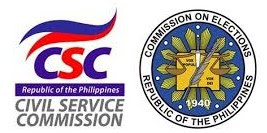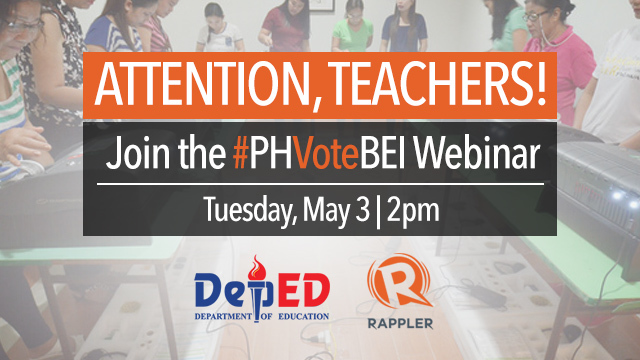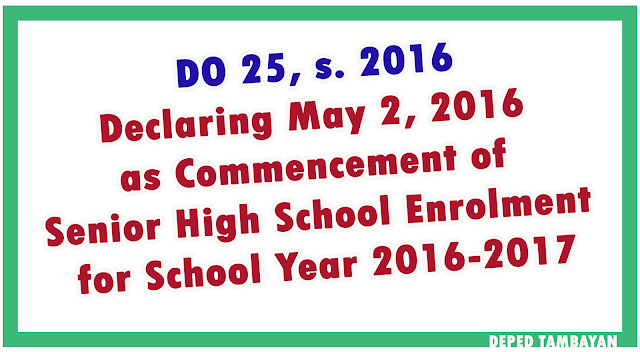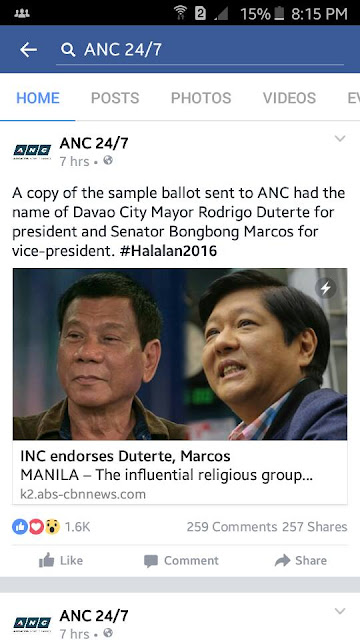READ ALSO:
- Updated list of the benefits of teachers and other government employees
- Teachers to receive 14th month pay equivalent to one month basic salary, tax free
- Requirements and procedure on how to request for Service Credits
- What you should know about Teacher's Leave
- Teachers can now claim overtime pay
Government employees are expected to perform their duties and responsibilities effectively and efficiently. The government in return, acknowledges hard work and grants benefits such as leave privileges. The Omnibus Rules on Leave consolidates & updates all laws & administrative issuances relative to leave Administration in government sector. Non-Teaching personnel in DepEd are entitled to 15 days vacation and 15 days sick leave annually. On the other hand, Teachers engaged in actual classroom teaching are under Teacher’s Leave basis. The subsequent paragraphs will expound everything you should know about Teacher’s Leave.
Who is a Teacher? The term “teacher” refers to teachers who do not have to report for classes during Christmas and long summer vacation and still be entitled to their regular compensation as defined under DepEd Order No. 53, s. 2003.
On Teacher’s Leave. Teachers are not entitled to the usual vacation and sick leave credits but to Proportional Vacation Pay (PVP). The total PVP that shall be earned by teachers shall be based by the computation to be provided by DepEd every school year. A teacher who has rendered continuous service in a school year without incurring absences without pay of not more than 1½ days is entitled to the total PVP earned from the number of summer and Christmas vacation days as determined by the DepEd.(sec. 6 of CSC MC No. 41, s. 1998 as amended by CSC MC No. 9, s. 2012)
Gov’t workers granted 5-day special calamity leave
THE CIVIL Service Commission (CSC) has issued a resolution granting a five-day special emergency leave for government employees directly affected by natural calamities or disasters.
“With the increasing risks brought about by climate change and global warming, the Commission saw it necessary to offer assistance to state workers affected by natural calamities in the form of special leave. We hope that this would give affected employees respite and ample time to recover,” said CSC Chair Francisco T. Duque III.
In CSC Resolution No. 1200289 issued on February 8, state workers in officially-declared calamity areas may avail of the special emergency leave for five straight working days or on staggered basis. Said special leave is separate and will not be deducted from the employee’s leave credits, and may be availed of within 30 days from the first day of calamity declaration by proper government authorities.
A natural calamity or disaster may include “earthquakes, flooding, volcanic eruption and landslide that have profound environmental effect and/or human loss and frequently cause financial loss”.
The leave may be used by employees stranded in affected areas, for urgent repair and clean-up of damaged house, for recovery from disease/illness, or for caring for immediate family members affected by natural calamity.
The CSC policy orders heads of offices to take full responsibility in granting special emergency leave and in verifying the employee’s eligibility to avail of such.
Vacation Service Credits. Sec. 9, MC 41,s.1998 defines Vacation Service Credits as the leave credits earned for services rendered on activities, during summer or Christmas vacation, as authorized by proper authority. These vacation service credits are used to offset absences of a teacher due to illness or to offset proportional deduction in vacation salary due to absences for personal reasons or late appointment.
When funds are not available for the grant of additional compensation or overtime pay, VACATION SERVICE CREDITS may be granted for services rendered beyond the required working hours during school days, which is exclusive of the 15 days limitation under DepEd Order No. 53, s. 2003.
Request for Service Credits accompanied by Accomplishment Report and Daily Time Record (DTR) shall be accomplished and submitted after completion of vacation service. Vacation Service Credit shall not be granted for services rendered without previous authority.
READ ALSO - Requirements and Procedure on How to Request for Service Credits Earned (Personally)
READ ALSO - Requirements and Procedure on How to Request for Service Credits Earned (Personally)
Teachers who are designated to perform non-teaching functions and who render the same hours of service as other employees shall be entitled to vacation and sick leave as provided for under CSC MC No. 41, s. 1998.
School/District Property Custodians. Teachers designated on part-time basis as Property Custodians and who are required to render services during the summer vacation to conduct property inventory after the closing and before the opening of classes shall likewise be granted Vacation Service Credits of not more than 15 days, also exclusive of the 15 days limitation.
ALS Mobile Teachers. DepEd Order No. 64, s. 2011 provides Equal Opportunities and Standard Implementation of DepEd Policies for the ALS Implementors. The ALS Teacher, better known as Mobile Teacher, and District ALS Coordinator (DALSC) follows a flexible teaching schedule without summer vacation and different teaching hours to meet the learning needs of the ALS learners, the Mobile Teacher/DALSC is entitled to earn leave credits and avail of the privilege of monetization of leave credits.
Other Leave Benefits. Other Leave benefits of teachers such as Study Leave and Indefinite Sick Leave are covered by Section 24 and 25 of RA 4670 (Magna Carta for Public School Teachers).
Study Leave of not exceeding one (1) school year may be granted to teachers who have rendered at least seven (7) years in service. A teacher shall be entitled to at least 65% of his monthly salary provided he takes regular study load & passes at least 75% of the courses. Study leave of more than one (1) year shall be permitted by the DepEd Secretary but without compensation.
Indefinite Leave is granted to Teachers when the nature of the illness demands a long treatment that will exceed one year at the least. A teacher applying for indefinite sick leave of absence should submit a Medical Certificate (CS Form 41) and CS Form 6 (Application for Leave) stating the approximate maximum number of days he expects to be on leave, subject to change as the government physician may recommend.
Rehabilitation leave is a leave privilege granted to allow qualified government officials and employees to recuperate from wounds or injuries sustained while in the performance of duties.
Performance of duty means situations where the employee is already at work. It may also cover situations where the employee or official meets an accident while engaged in activities inherent to his/her work including being on official travel, official business outside work station, authorized overtime, detail or special assignment. Injuries from accidents that occurred while going to work and going home from work may be considered sustained while in the performance of official duties.



























































